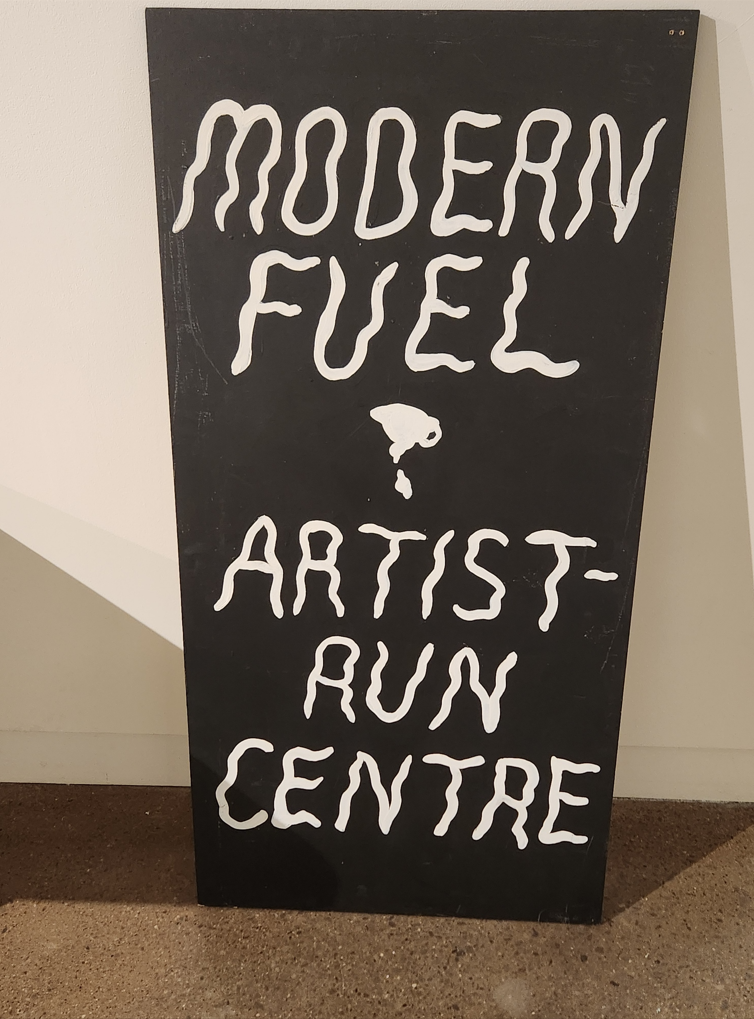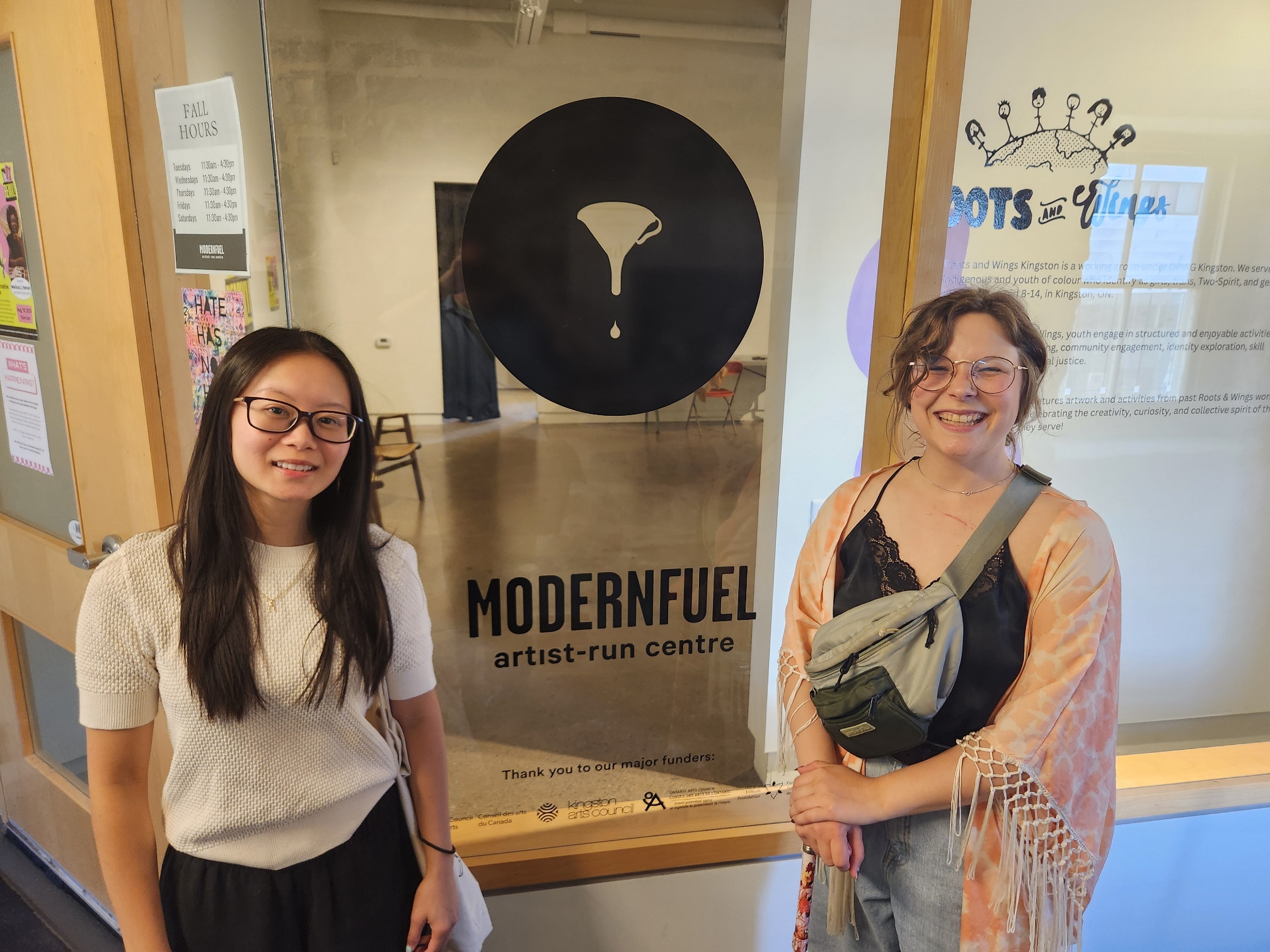
Recently, as summer students with the Centre of Community Engagement and Social Change (CCESC) at the Faculty of Education, Chelsea Lam (BAH’25, B.Ed’26) and Amelia Nicholas (BAH’25) had the opportunity to explore community resources within Kingston. We visited two outstanding organisations that left a strong impression on us with the breadth and impact of their work.
These visits were part of our exploration into community-engaged learning and research. Queen’s University has many connections with the Kingston community. While not all of these are formal partnerships, there is a significant amount of meaningful work taking place that deserves recognition. Our goal was to learn more about these relationships while identifying where potential growth opportunities might exist between Queen’s and the wider community.
Our first visit was to the BGC South East (formerly Boys and Girls Club of Kingston & Area) at their main centre in Kingston. A tour of the facility introduced us to their extensive range of services and programs. We learned about summer and school-year offerings such as robotics, summer camps, literacy programs, and sports leagues. BGC South East offers innovative literacy program tailored to every stage of learning: Pre-Readers (ages 2-4) build early literacy foundations; ReadON strengthens focus, memory, and perception through computer-based training; and the Reading Clinic provides one-on-one support for children facing reading and writing challenges. The Beyond Classrooms program takes learning outside of schools and into museums and historic sites, sparking critical thinking and literacy skills through real-world exploration.
In November 2023, BGC launched the Reg Shadbolt Learning Centre, and in the Fall of 2024, they opened their STEM & Robotics Centre, resulting in over 2,500 registrations across STEM, coding, trades, literacy, and cognitive wellness programs. These programs are still available to the community for registration.
In Fall 2024, BGC South East expanded delivery of TruePhonics, a structured, in-person literacy program, with the companion TruePhonics app scheduled to launch within the next month. We were especially impressed by their commitment to accessibility, as programs are offered at several price points to ensure financial barriers do not prevent participation. The BGC South East highlighted their connections with Queen’s University, which include practicum placements, volunteers, and collaborations with Smith Engineering to support their STEM programs and the Faculty of Education’s Assessment and Evaluation Group headed by Dr. Michelle Searle.
Our next visit took us to Modern Fuel, an artist-run centre located in the Tett Centre. This unassuming yet vibrant space offers a wide range of arts programming and community events. During our visit, we learned about their current artist residency, which highlights QTIBIPOC artists, as well as inclusive ongoing programming such as teen artist initiatives with a preference for students with intersectionalities.

Modern Fuel partners with the Agnes Etherington Art Centre and Union Gallery to present Making Art Work: Professional Development Series, a free program of workshops, mostly hosted online via Zoom, to support the growth of artists. Modern Fuel also co-facilitates Creative Futures with the Agnes Etherington Art Centre and Tett Centre for Creativity & Learning to offer a cohort of teen artists the opportunity to gain invaluable insights into the art world, experiment with diverse methods of artmaking, and curate a final group exhibition in Spring 2026.
Want to get more involved? Modern Fuel also offers membership services, which are a fantastic way for community members to get involved. These memberships include access to events, artist-led workshops, or equipment.
Reflecting on these experiences, Chelsea emphasizes the importance of community-engaged learning, as it allows students to step outside of the Queen’s bubble and meaningfully connect with the broader Kingston community. Amelia adds that by working with local organizations, students can contribute their skills and energy, as well as gaining valuable perspectives that challenge them to think beyond the classroom. As a future researcher and educator, Chelsea notes that “these experiences evoke a deeper sense of responsibility, empathy, and awareness of the social issues facing Kingston.”